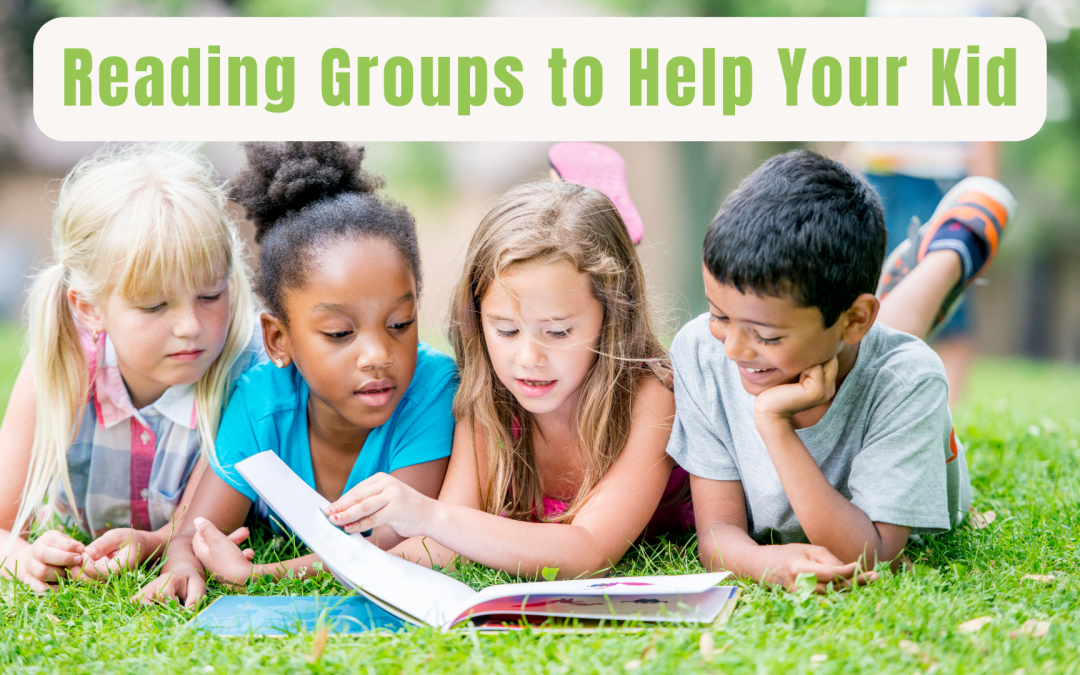For many kids, reading can be very difficult. Whether it is keeping up with the reading material, learning to read for the first time, or not being able to focus on the words being read, it can be very frustrating. Kids can be competitive or even get bullied for not being able to keep up with the class, or for simply standing out. If they are having a hard time reading, a group setting of trusted people can help!
Starting Out
If your child is having a difficult time with their reading, there are many different routes you can take. Your child may be feeling “dumb” or inadequate as it stands right now, so first and foremost, you want to bolster them and make sure they feel okay. Explain how everyone learns at a different pace and a different learning style, so there is no need to feel like they are inferior to others. Next, talk to them about how they are struggling specifically. Are they not understanding the material they are reading? Or are they having a hard time focusing and maintaining the reading? Knowing what they are struggling with can help pinpoint the best way to assist them in being able to make progress and learn.
Reading Groups
Your child may benefit from a reading group session to help them read better. Of course, a lot of schools will do group readings, where most of the time a student will start reading with a few paragraphs, then the next student will take over and read a few paragraphs, and so on. This can be a good method for reading, but it can also heighten and increase anxiety for a lot of children. They may get flustered over words more easily or get shy and awkward when it comes to their turn, and they cannot comprehend or read the portion correctly. And of course, if their peers are either bullying them or only heightening their anxiety, this method won’t work very well for them.
For a reading group at home, it can be more relaxing, where your child can go at their own pace and you can be there on standby to help with any words they may not know. The group itself can consist of their trusted friends, or other neighborhood kids who are struggling, so your child doesn’t feel like the odd man out. For an even easier transition, your child can even read out loud to their pets, or at their local animal shelter. This is an even easier way for kids to get comfortable with reading, and it can also benefit the animals too!
Katie Kyzivat
